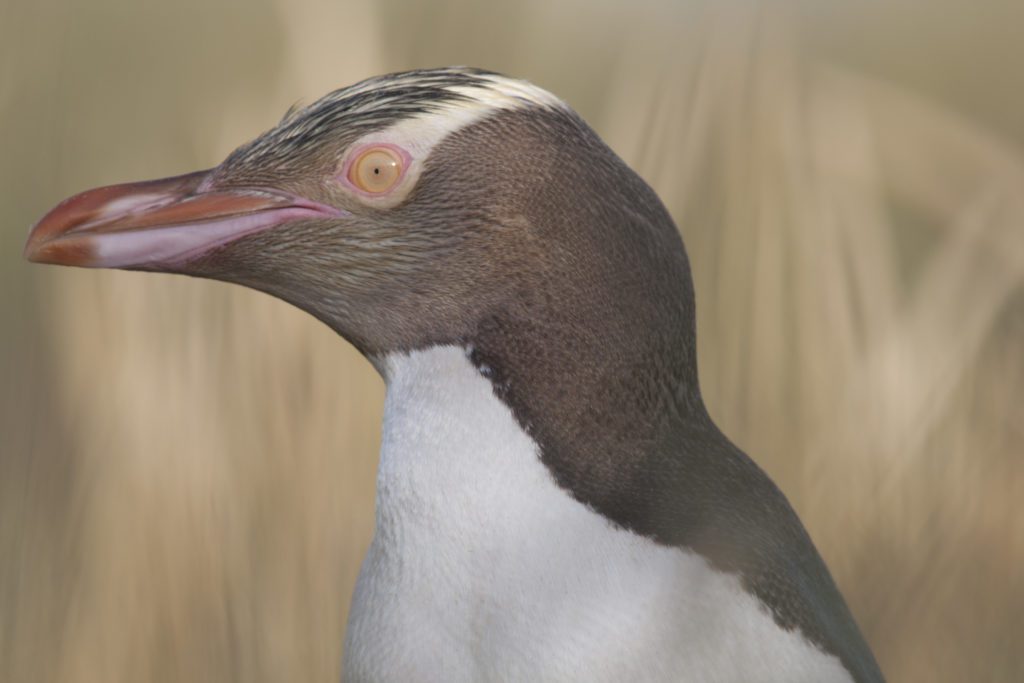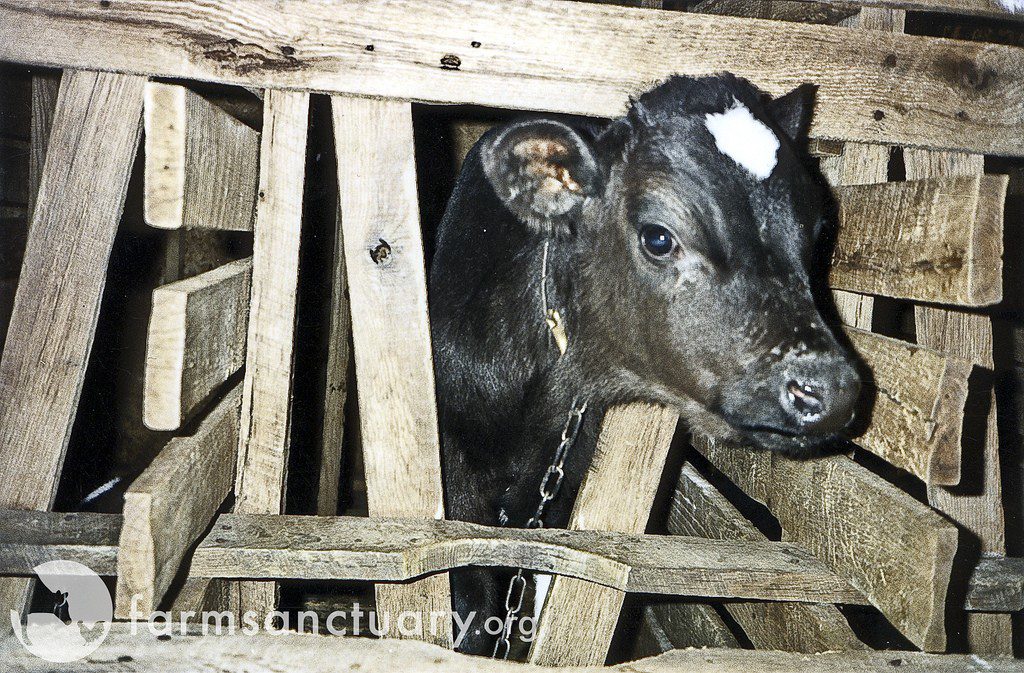Sponsored by Swarovski Optik, ecotourism social enterprise Terra Incognita Travel have organised a competition (details below) to find the wildlife blogger of the year. How exciting is that!
Thank you to James Common, Director of New Nature Magazine, for sharing his red squirrel encounter on social media that led me to Terra Incognita. Reading the variety of wildlife experiences and stories, I was inspired to enter my own: ‘Jewel in the Crown: New Zealand’s Yellow-Eyed Penguin‘. What an opportunity to be read by judges that include highly regarded nature writers, wildlife filmmakers, conservation scientists and environmental campaigners—that’s a prize in itself! Continue reading




